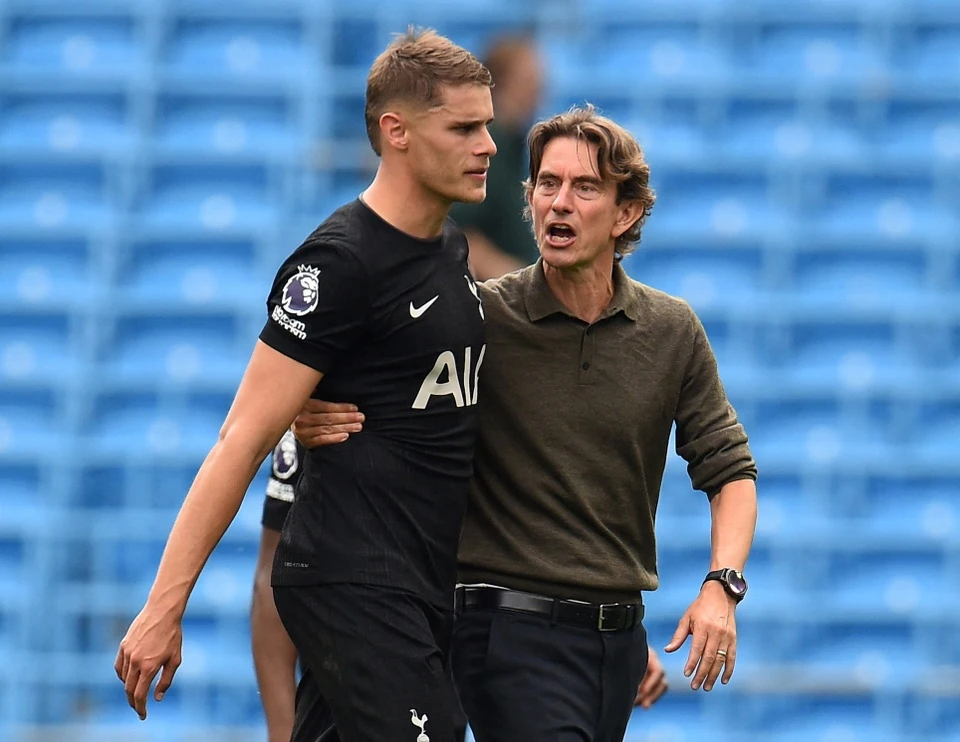 |
Thomas Frank is helping Spurs turn things around. |
In today's football landscape, where many managers are caught up in tactical dogma and see changing formations as a sign of weakness, Thomas Frank has emerged as a breath of fresh air. After three games in charge of Tottenham, he has proven that versatility is not a sign of weakness, but a strength for a modern manager.
A flexible coach
In less than two weeks, Frank's Tottenham have had three different tactical pictures. In the European Super Cup, they played 3-5-2, ceding the game to Paris Saint-Germain and waiting for moments from long balls and set pieces.
Against Burnley, Frank switched to a 4-3-3, using his superior possession to stifle opponents. The high point came at the Etihad, when Spurs beat Manchester City by pressing aggressively and exploiting the space behind their high defensive line. The result: three games, two big wins, a dramatic draw, and the highlight – not conceding a goal in the Premier League.
It's not just about numbers. It reflects the nature of a coach who values reality and doesn't tie himself to a single system.
Frank understands that football is not a simulation game where the formations are pre-programmed. In 90 minutes, there are always unexpected factors: injuries, individual form, the specific strengths of the opponent. And the coach’s job is not to stick to an “idea”, but to find a solution to win.
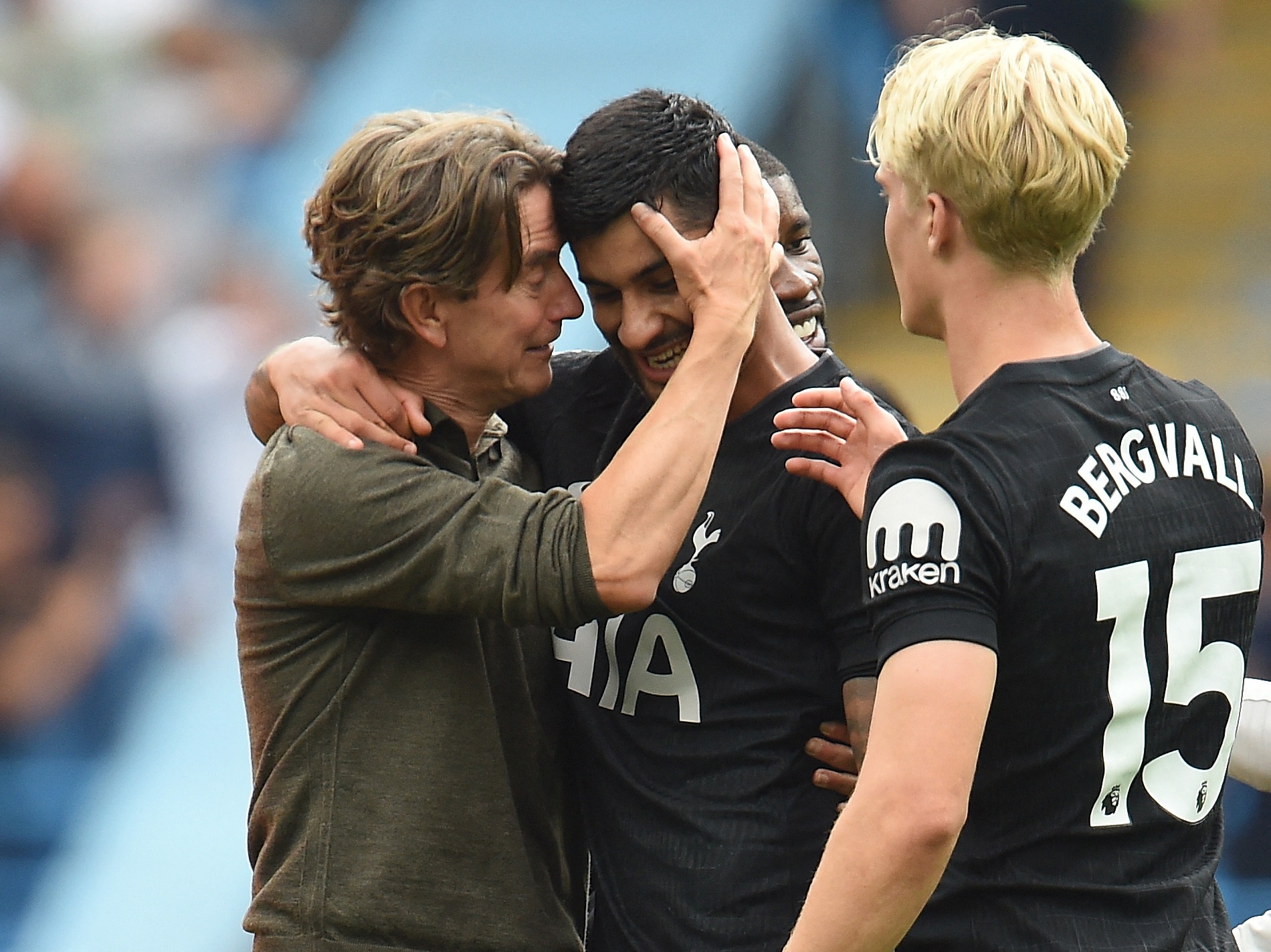 |
Thomas Frank showed great flexibility in his use of tactical diagrams. |
This philosophy is not new. Throughout history, many legendary coaches have succeeded thanks to their ability to adapt: Sir Alex Ferguson constantly changed formations to serve his personnel; Carlo Ancelotti could win the Champions League with a diamond 4-4-2 in Milan, then use 4-3-3 at Real Madrid. However, amid the wave of young coaches promoting the “unchangeable philosophy” as a declaration of power, Frank has become a rare exception.
Compare that to Ruben Amorim at Manchester United, and the contrast is even more stark. Amorim, talented and charismatic, opts for absolute rigidity. He believes that abandoning the 3-4-2-1 formation would cause his players to lose faith.
But in reality, it is this conservatism that is keeping MU stagnant. Without creative number 10s, Amorim still forces the team to operate according to the model of two "number 10s" behind the striker. The result: the "Red Devils" play awkwardly, lack attacking plans, and have poor results after only a few rounds.
At Spurs, meanwhile, the atmosphere is one of confidence. The players know that they have a game plan for each game, designed to maximise their strengths and minimise their weaknesses. That’s what creates collective belief: the belief that the manager will give them the chance to win by being flexible.
The Identity of Thomas Frank
It is worth noting that Frank did not lose his identity in order to adapt. Tottenham under him did not play negatively. They still dared to press, were still proactive when needed, and still exploited the speed and technique of the attacking players.
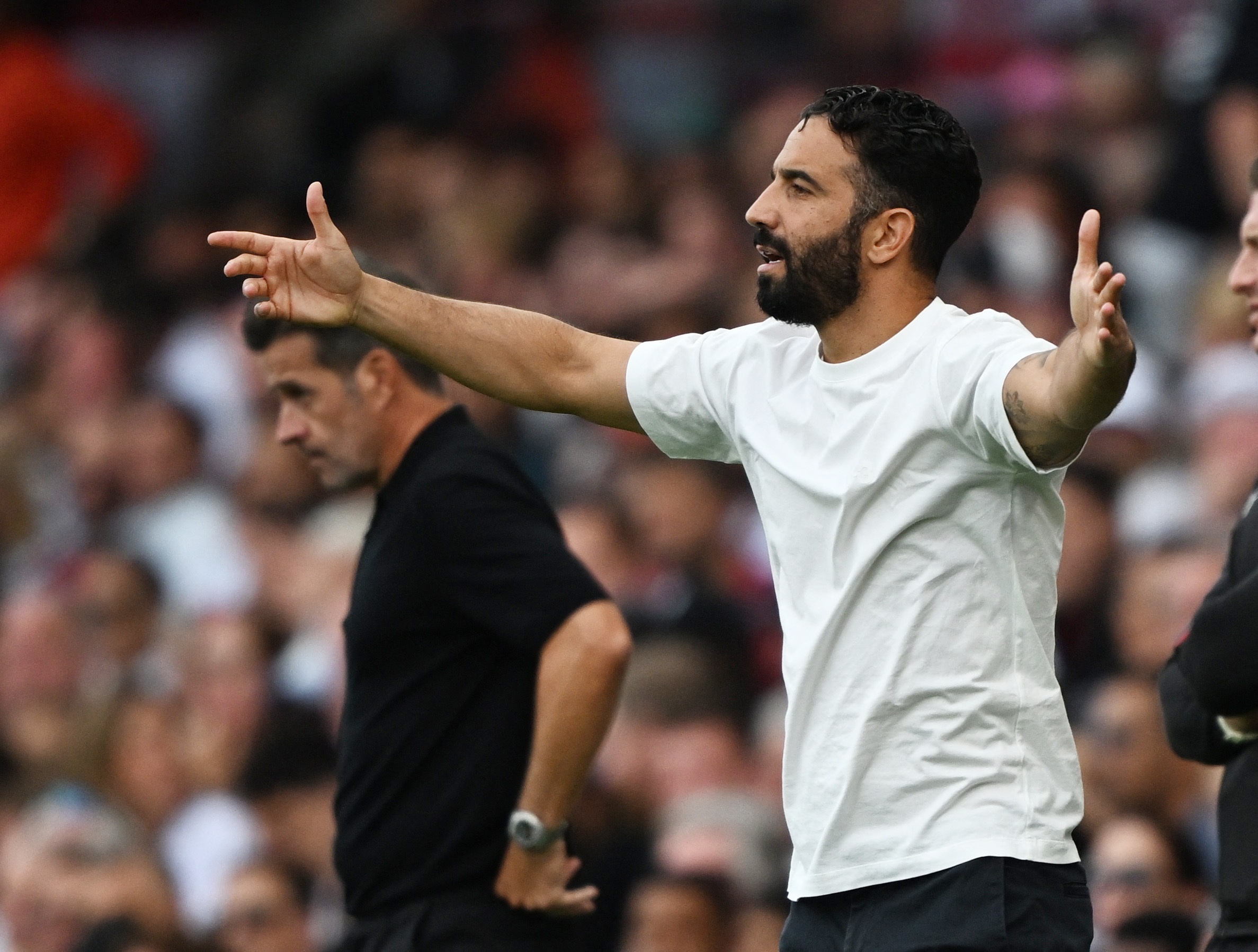 |
Coach Thomas Frank is not rigid at all, which is very different from Ruben Amorim. |
The difference is that Frank knows when to drop deep, when to push forward, when to play long balls and when to control the tempo. This is the art of game management - something increasingly rare in the modern footballing world obsessed with 'philosophy'.
The lesson from Brentford is still relevant. Last season, despite losing Ivan Toney, Frank immediately adjusted to Bryan Mbeumo and Yoane Wissa, who combined for 39 Premier League goals. The small club still finished 10th, an impressive achievement. From Brentford to Spurs, Frank’s message remains the same: look at the players at hand, and then work out the most appropriate strategy.
Flexibility is not compromise. It is character. Because a manager who dares to change means he dares to acknowledge reality, dares to put collective victory above tactical ego. Frank is proving that success does not come from asserting “this is my philosophy”, but from the ability to find a way for the team to win, regardless of the circumstances.
In a modern football world where too many managers see change as weakness, Thomas Frank shows the opposite: that it is adaptation that is strength. And at Tottenham right now, that freshness is fuelling the belief that they can be a genuine challenger, not just with passion, but with the tactical intelligence of a manager who puts winning before any rigid philosophy.
Source: https://znews.vn/amorim-nen-cap-sach-hoc-thomas-frank-post1579978.html



![[Photo] Hanoi: Authorities work hard to overcome the effects of heavy rain](https://vphoto.vietnam.vn/thumb/1200x675/vietnam/resource/IMAGE/2025/8/26/380f98ee36a34e62a9b7894b020112a8)
![[Photo] Multi-colored cultural space at the Exhibition "80 years of the journey of Independence - Freedom - Happiness"](https://vphoto.vietnam.vn/thumb/1200x675/vietnam/resource/IMAGE/2025/8/26/fe69de34803e4ac1bf88ce49813d95d8)




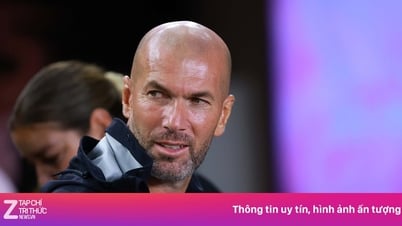



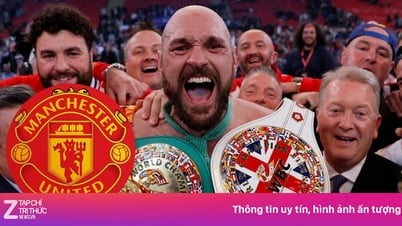













































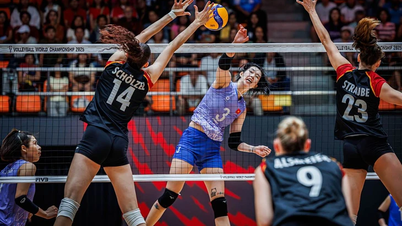







































Comment (0)